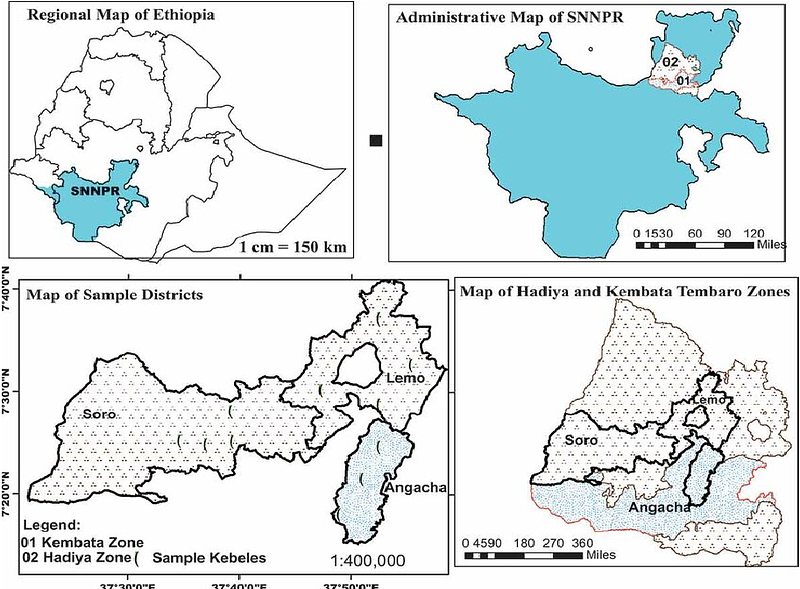Cultural and Ecological Dimensions of Spice Diversity: Indigenous Knowledge and Practices in Hadiya and Kambata-Tembaro, Central Ethiopia

Cultural and Ecological Dimensions of Spice Diversity: Indigenous Knowledge and Practices in Hadiya and Kambata-Tembaro, Central Ethiopia
Osie, M.
AbstractThis study presents a comprehensive ethnobotanical investigation into the diversity and cultural significance of spices in the Hadiya and Kambata-Tembaro zones of Central Ethiopia. Through semi-structured interviews, focus group discussions, and participatory observations with local communities, including a strong representation of women were applied. Thirty five spice species, primarily herbaceous, with Lamiaceae emerging as the most dominant family documents. The findings underscore the centrality of homegardens as reservoirs of agrobiodiversity and hubs of traditional knowledge transmission. Spices were found to serve diverse roles culinary, medicinal, and ritual positioning them as biocultural keystone species intricately linked to local health systems, cultural identity, and daily life. Community preference rankings and culinary preparation methods revealed nuanced valuations based not only on taste but also cultural symbolism and perceived health benefits. Moreover, the study highlights gendered and socioeconomic dimensions of spice use and management, revealing persistent inequalities in resource access, decision-making, and benefit-sharing, despite womens key roles in preserving and utilizing these resources. The research emphasizes the need for inclusive, gender-sensitive policies that recognize and protect indigenous ecological knowledge systems. It calls for participatory, community-led conservation strategies and further interdisciplinary studies on sustainable harvesting and the ecological dynamics of spice species across land-use systems. Overall, this study contributes to the growing body of knowledge advocating for the integration of traditional knowledge into national biodiversity and food security agendas, highlighting the importance of empowering local communities, especially women, to ensure the resilience of cultural and biological heritage amid environmental and socioeconomic change.